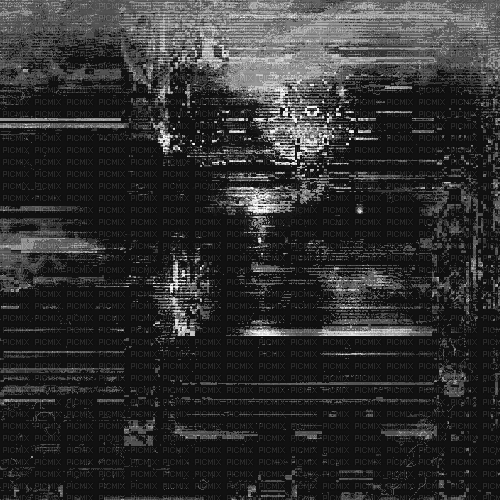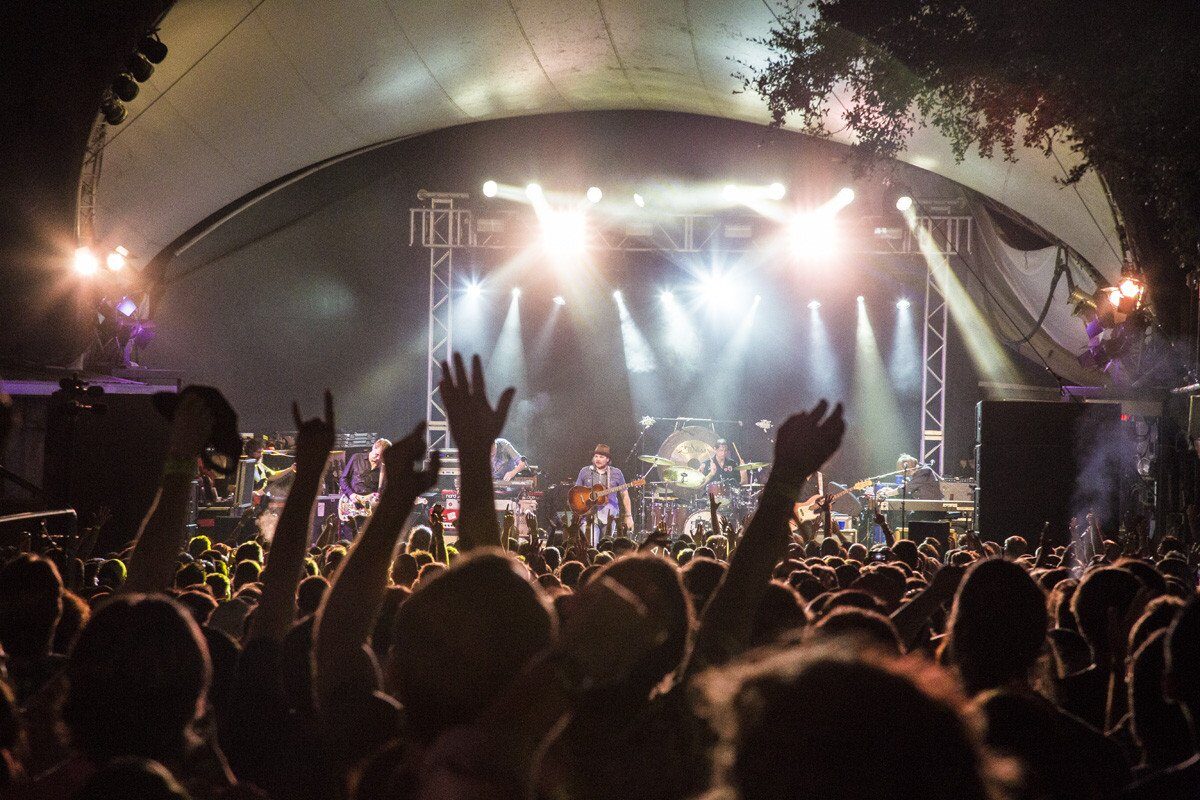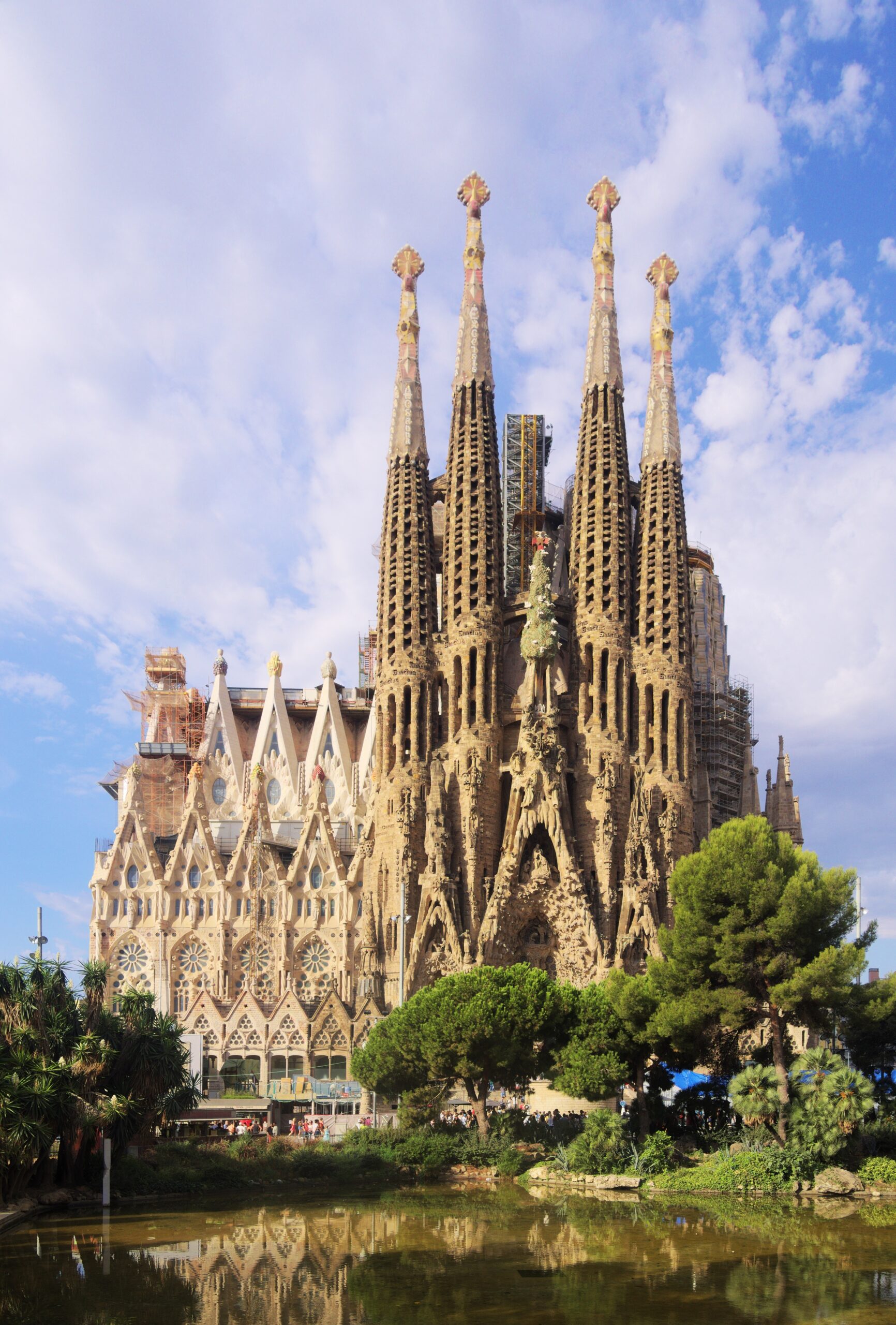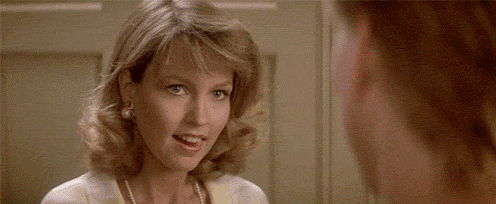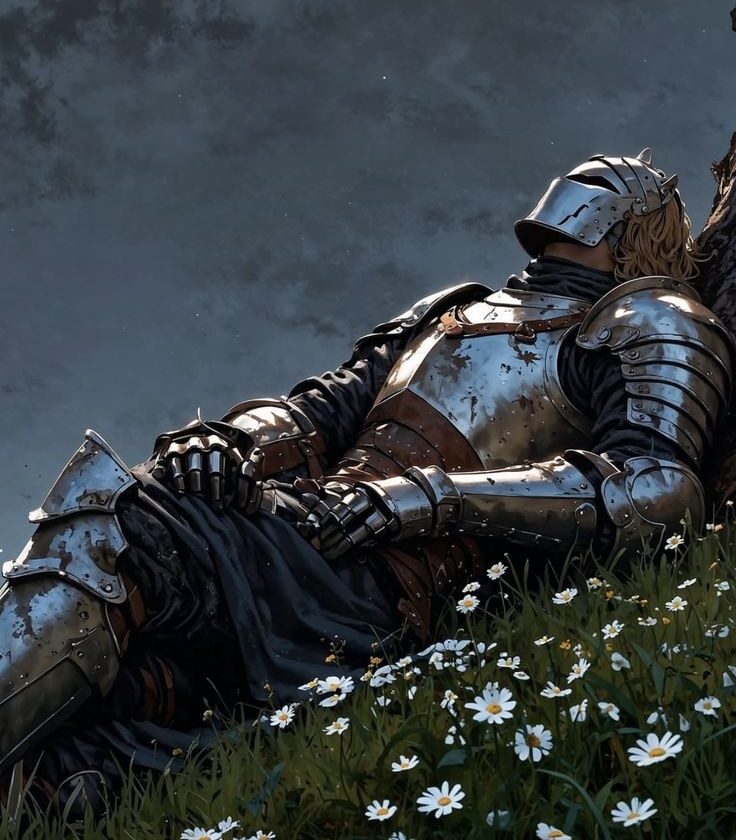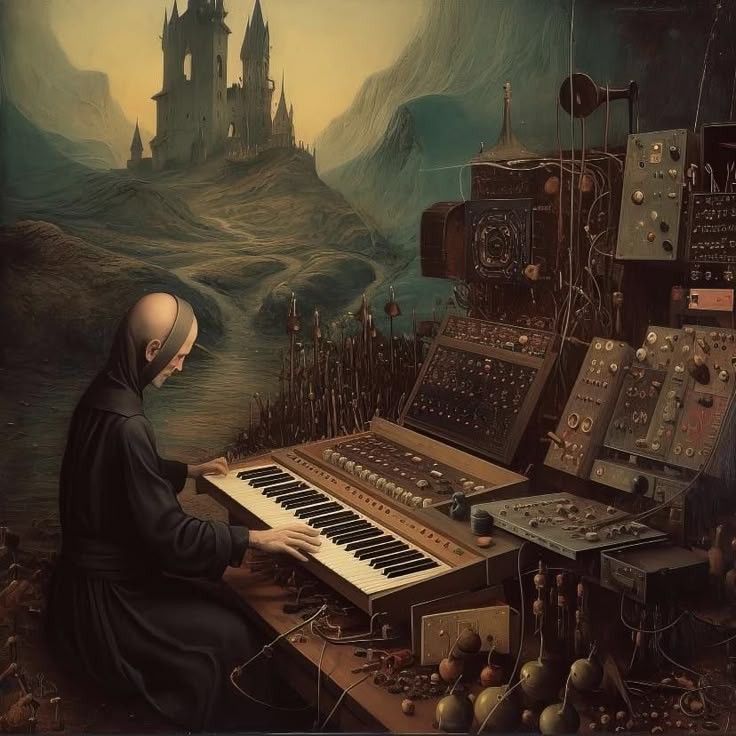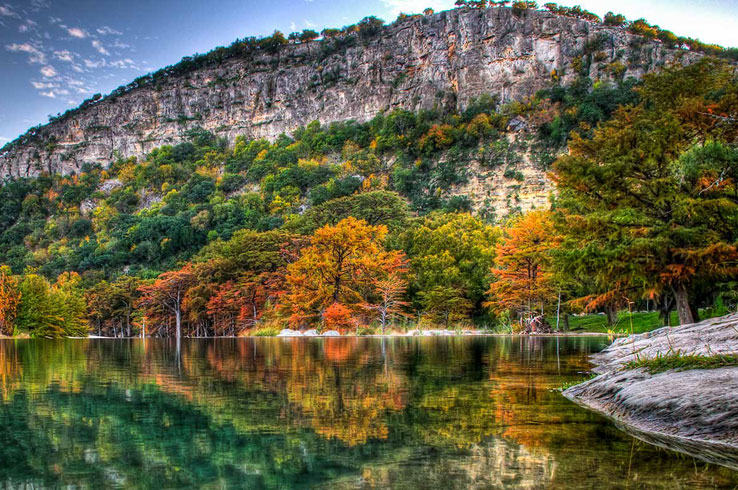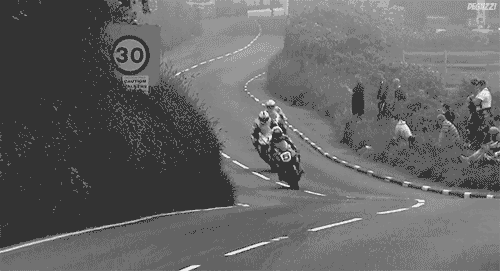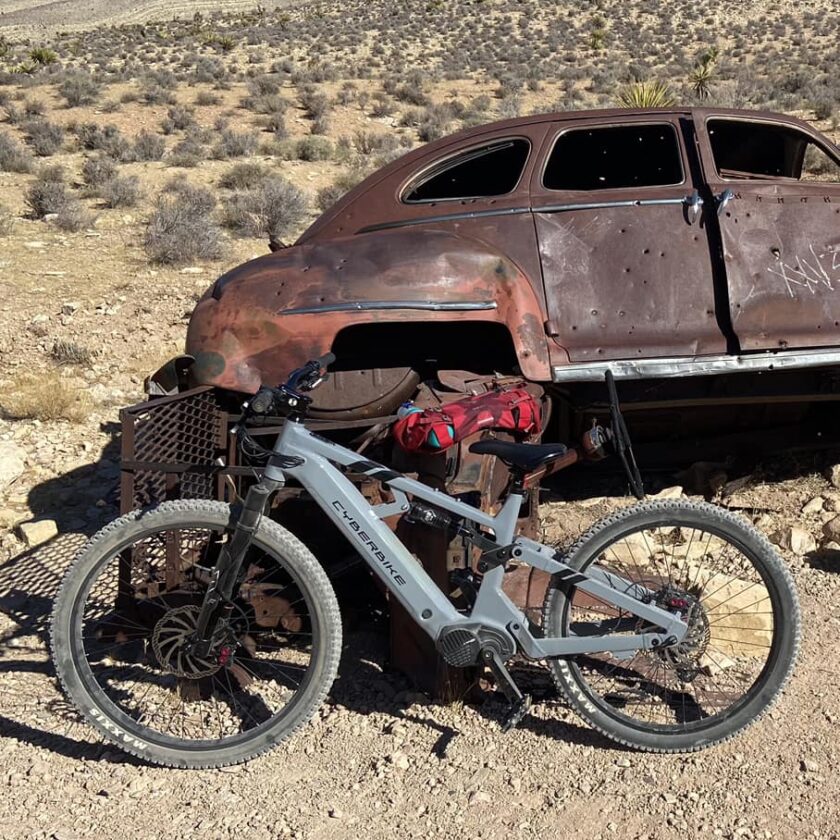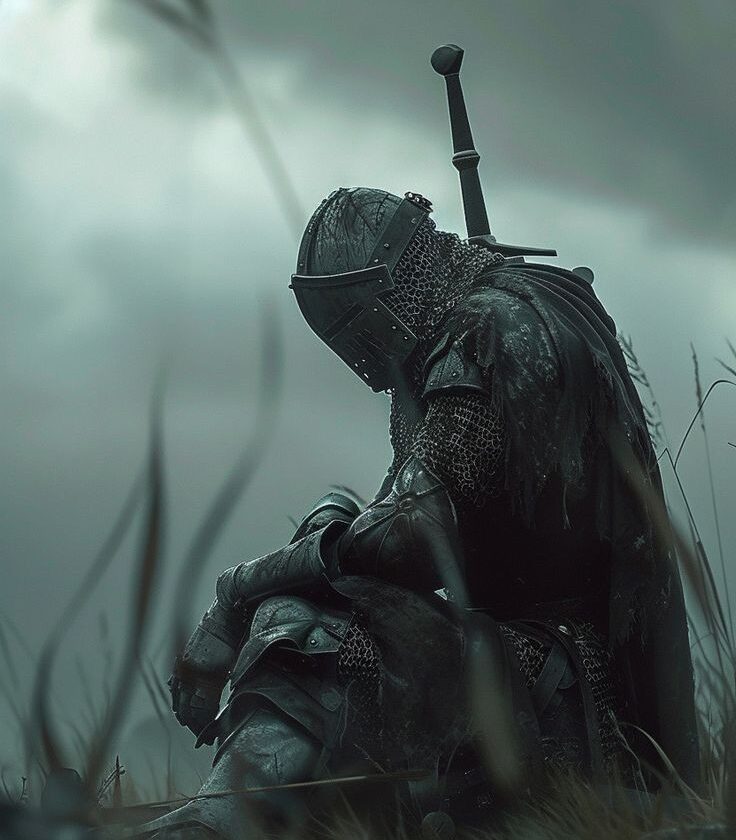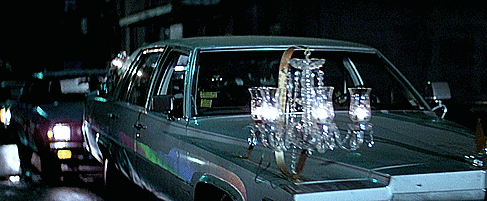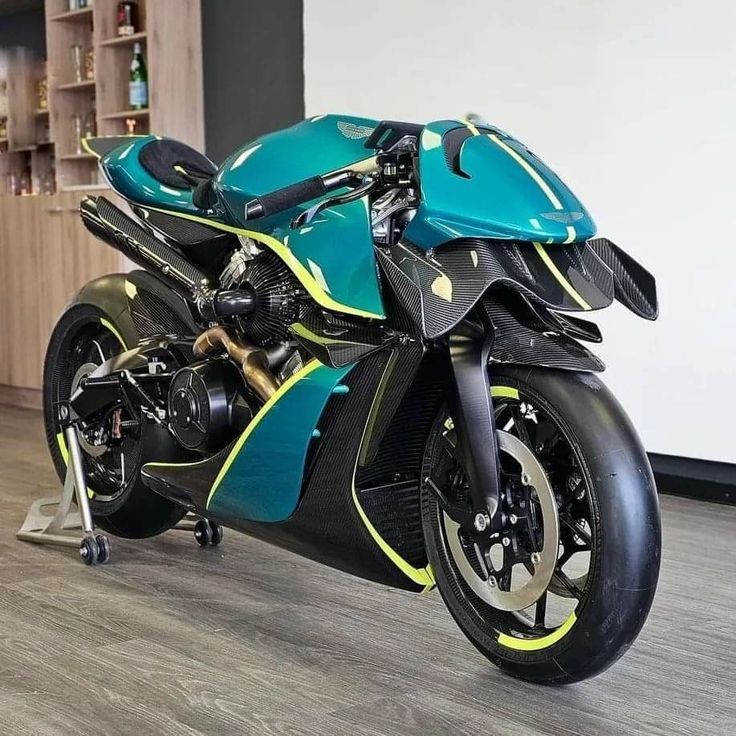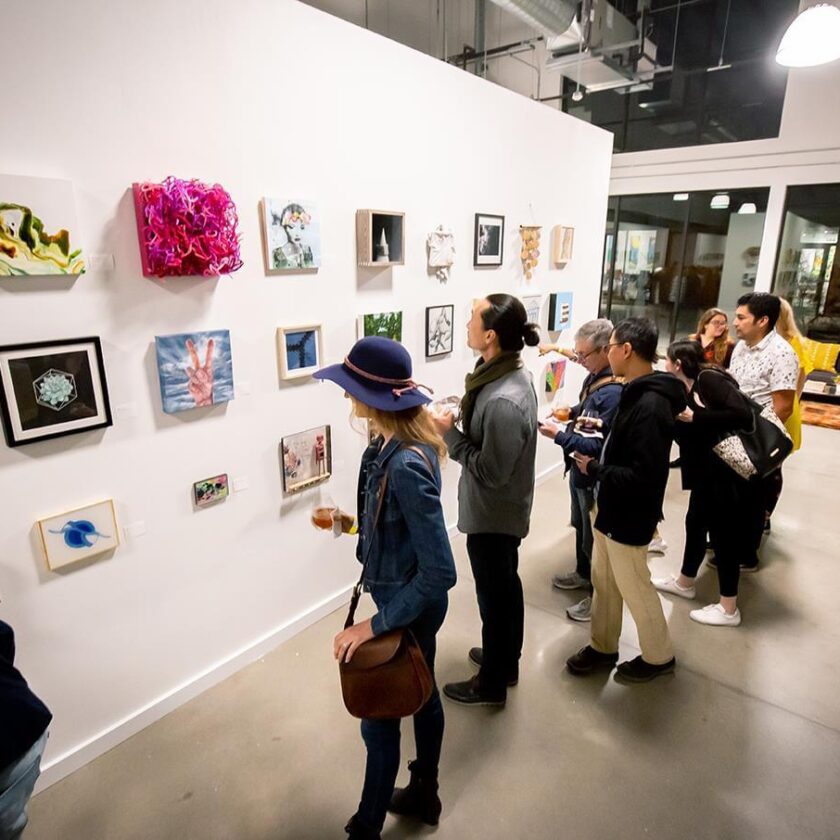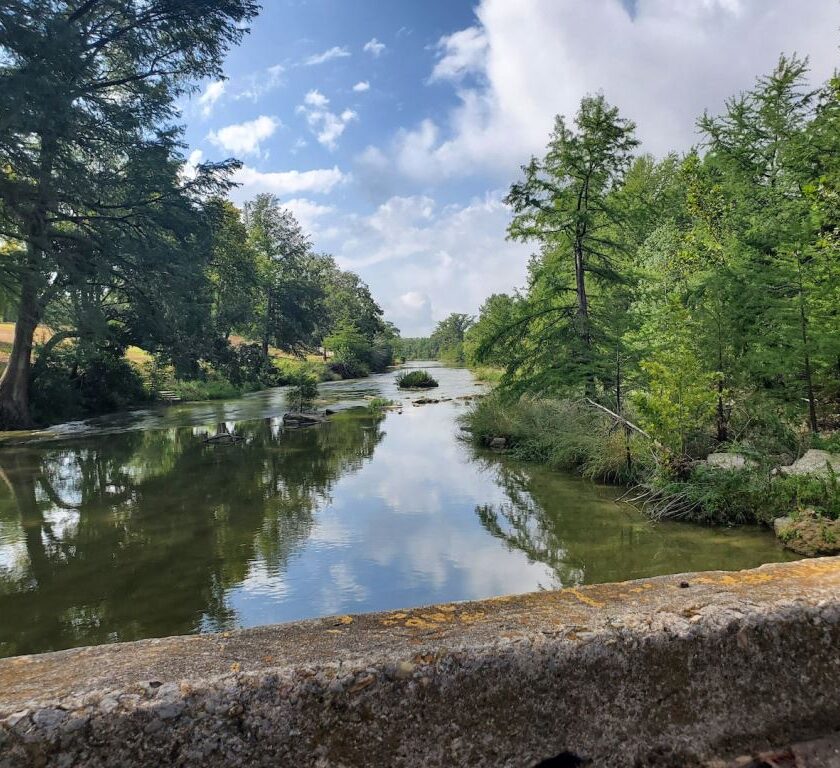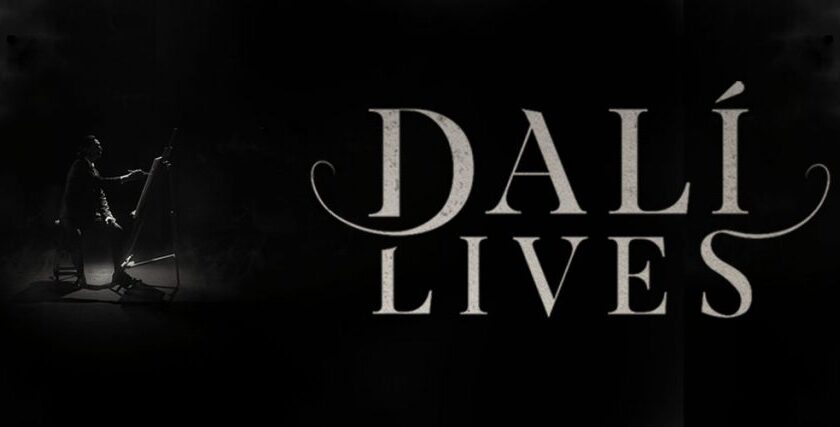The Basílica de la Sagrada Família (Catalan: [bəˈzilikə ðə lə səˈɣɾaðə fəˈmiljə]; Spanish: Basílica de la Sagrada Familia; ‘Basilica of the Holy Family‘),[4] also known as the Sagrada Família, is a large unfinished Roman Catholic minor basilica in the Eixample district of Barcelona, Catalonia, Spain. Designed by Spanish/Catalan architect Antoni Gaudí (1852–1926), his work on the building is part of a UNESCO World Heritage Site.[5] On 7 November 2010, Pope Benedict XVI consecrated the church and proclaimed it a minor basilica.[6][7][8]
On 19 March 1882, construction of the Sagrada Família began under architect Francisco de Paula del Villar. In 1883, when Villar resigned,[5] Gaudí took over as chief architect, transforming the project with his architectural and engineering style, combining Gothic and curvilinear Art Nouveau forms. Gaudí devoted the remainder of his life to the project, and he is buried in the crypt. At the time of his death in 1926, less than a quarter of the project was complete.[9]
Relying solely on private donations, the Sagrada Família’s construction progressed slowly and was interrupted by the Spanish Civil War. In July 1936, revolutionaries set fire to the crypt and broke their way into the workshop, partially destroying Gaudí’s original plans, drawings and plaster models, which led to 16 years of work to piece together the fragments of the master model.[10] Construction resumed to intermittent progress in the 1950s. Advancements in technologies such as computer aided design and computerised numerical control (CNC) have since enabled faster progress and construction passed the midpoint in 2010. However, some of the project’s greatest challenges remain, including the construction of ten more spires, each symbolising an important Biblical figure in the New Testament.[9] It is anticipated that the building can be completed by 2026, the centenary of Gaudí’s death.[11]
The basilica has a long history of splitting opinion among the residents of Barcelona: over the initial possibility it might compete with Barcelona’s cathedral, over Gaudí’s design itself, over the possibility that work after Gaudí’s death disregarded his design,[12] and the 2007 proposal to build a tunnel nearby as part of Spain’s high-speed rail link to France, possibly disturbing its stability.[13] Describing the Sagrada Família, art critic Rainer Zerbst said “it is probably impossible to find a church building anything like it in the entire history of art”,[14] and Paul Goldberger describes it as “the most extraordinary personal interpretation of Gothic architecture since the Middle Ages”.[15] The basilica is not the cathedral church of the Archdiocese of Barcelona, as that title belongs to the Cathedral of the Holy Cross and Saint Eulalia.
Real Engineering
On 11 March 2020, due to the COVID-19 pandemic in Spain, construction was stopped and the basilica was closed.[37] This is the first time the construction has been halted since the Spanish Civil War.[38] The Gaudí House Museum in Park Güell was also closed. The basilica reopened, initially to key workers, on 4 July 2020.[39]
